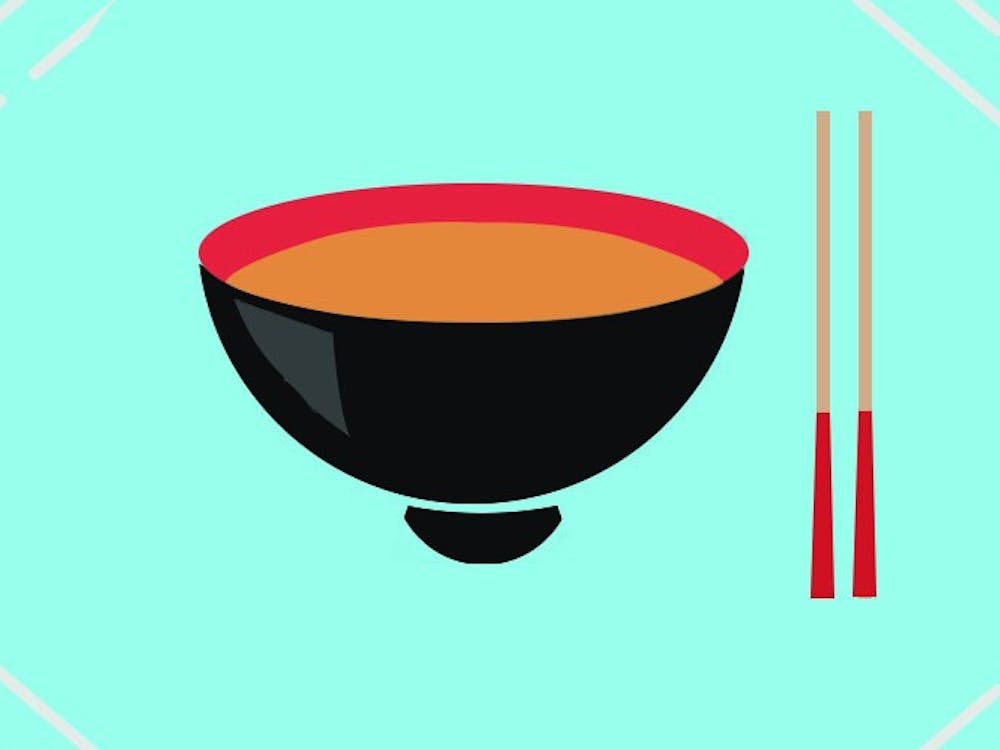Dear Sexpert,
If your partner has a cold sore, is it possible to get genital herpes from oral sex? I've heard about that happening before. However, I have also heard that there are two types of herpes viruses, and the one that causes cold sores is different from the one that causes genital herpes. Are these just rumors, or is there an element of truth to them?
— Cautious about Cold Sores
Dear Cautious,
You should give yourself a round of applause for fact-checking the rumors that you hear. Often rumors are incorrect or incomplete, particularly when it comes to sex and sexual health. In this case, there is an element of truth involved, but it isn’t the complete truth. Yes, there are two types of herpes simplex virus: HSV-1 and HSV-2. But both of these viruses can affect the mouth or the genitals and can be spread through oral, vaginal or anal sex.
Both HSV-1 and HSV-2 must get into the body through broken skin or mucous membranes, as found inside the mouth or in the genital area, to cause infection. The viruses can be transmitted through kissing, sharing drinking cups, utensils, cosmetics (e.g. lip balm) and sexual contact. Herpes causes groupings of small blisters near the area where the virus has entered the body. When these blisters are on the lip and around the mouth, they are called cold sores or fever blisters. The blisters are often painful but usually heal between several days to two weeks. Herpes is most contagious through contact with fluid from fever blisters but can also be carried in bodily fluids like saliva, sweat in the genital area, semen and fluids in the female genital tract. However, even brief skin-to-skin contact can cause infection, and herpes can be spread when no symptoms are present.
After an initial outbreak, the virus will lie dormant but can flare up again, causing outbreaks of blisters. Herpes is most likely to recur in the first year after infection. The rate and severity of recurrences varies among people. Oral herpes recurrences may be caused by sunburn, injury to the lips or other infections. Causes for genital herpes recurrences are unknown, but may be brought on by other infections, stress, surgery, menstruation, sexual intercourse and skin irritations.
Exposure to HSV-1 is extremely common. Recent research suggests that almost 80 percent of college students with genital herpes have HSV-1. Furthermore, even if you have one type of herpes, it is still possible to contract the other type, which would cause a new outbreak.
You can reduce your risk of infection by using a latex barrier during oral, vaginal or anal sex. The best course is to abstain from oral sex and kissing (as well as sharing utensils, etc.) if you or your partner has sores inside or around the mouth. When warning signs (e.g. burning, itching or tingling sensations) indicate the start of an outbreak, abstain from sexual activity. After an outbreak, wait at least seven days after the sores heal before resuming sexual activity. Though there is no cure for herpes, over-the-counter topical treatments exist to help with pain and healing for cold sores. Antiviral medications for genital herpes can reduce outbreaks, help speed recovery and greatly reduce the risk of transmission.
If you suspect that you might have genital herpes, testing and treatment is available at Sexual Health and Wellness Services.
— The Sexpert
Sources:MIT Medical: “Everything you need to know about herpes”. 2011.;University of Maryland Medical Center: “Herpes Simplex Virus”;WebMD. “Genital Herpes Health Center: The Basics About Genital Herpes”;Planned Parenthood: “Herpes”









